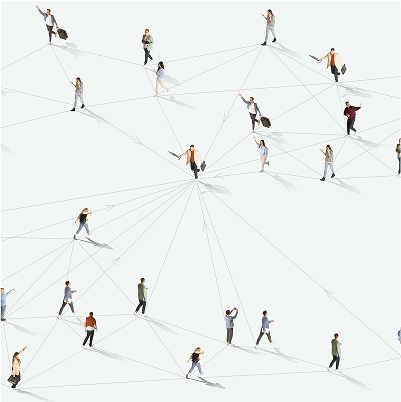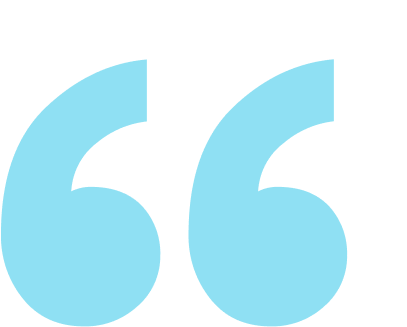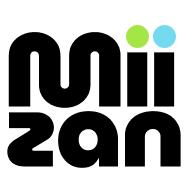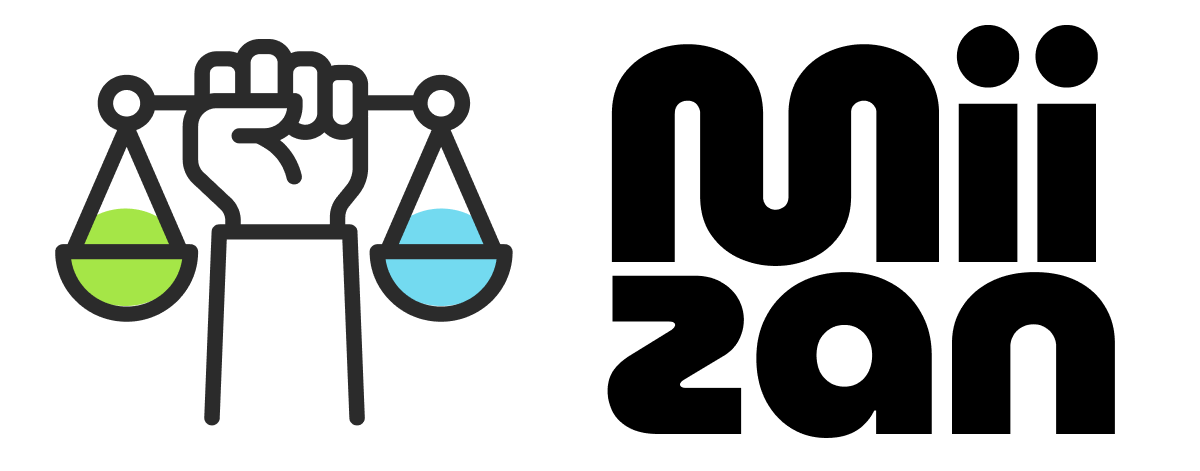
Personal Life Balance vs. Corporate Wellness Programs: What's the Difference?
When searching for "life balance app" or "personal wellness tracking," you might stumble across corporate wellness platforms like Limeade, Virgin Pulse, or Wellhub. But here's the thing: these enterprise solutions are designed for HR departments, not for you as an individual seeking personal harmony. If you've ever felt confused by the disconnect between what you're looking for and what these platforms offer, you're not alone.
The distinction between personal life balance tools and corporate wellness programs isn't just semantic—it's fundamental. Understanding this difference is crucial for anyone serious about creating sustainable, authentic balance in their life.
The Corporate Wellness Approach: Built for Businesses, Not You
Corporate wellness programs serve a specific purpose: they help employers manage workforce health, reduce insurance costs, and improve productivity metrics. Companies like Cority focus on occupational health software that "drives performance with employee health software embedded across occupational health, industrial hygiene, and ergonomics" and "reduces risk, simplifies compliance, and supports growth."
Here's what corporate wellness typically looks like:
The Focus is Organizational
Aggregate employee health data for HR reporting
Compliance with occupational safety regulations
Risk management and liability reduction
ROI metrics tied to reduced sick days and insurance claims
One-Size-Fits-All Solutions
Generic wellness challenges that may not align with your personal goals
Standardized content libraries with limited personalization
Programs designed around company schedules, not your life rhythm
Broad population health trends, not individual patterns
Limited Scope
Primarily focused on physical health metrics (steps, weight, blood pressure)
Work-centric view of wellness
Little consideration for life outside the office
Reactive approach to employee burnout rather than proactive balance
Personal Life Balance: A Holistic Approach to Your Whole Life
Personal life balance tools like Miizan take a fundamentally different approach. Instead of managing you as part of a workforce, they recognize you as a complete human being with complex, interconnected needs.
Your Life Has Four Pillars, Not Just "Workplace Wellness"
While corporate programs focus primarily on keeping you healthy enough to work productively, personal life balance recognizes that your wellbeing depends on four essential areas:
Work - Your career and productive contributions (about 30% of your day)
Health - Sleep, nutrition, movement, and recovery (about 50% of your day)
Relationships - Family, friends, and meaningful connections (about 6% of your day)
Inner Growth - Reflection, creativity, spirituality, and personal development (about 7% of your day)
Corporate wellness programs might track your steps and offer workplace stress management, but they can't help you understand why you feel drained when work consumes 60% of your time, or why your mood improves on days with meaningful social connection.
Your Mood is Data—The Missing Piece
Here's what corporate wellness misses entirely: your emotional experience. While workplace programs might track your heart rate variability or sleep duration, they don't capture how you actually feel about your days.
Your mood isn't fluffy self-care, it's diagnostic data. A consistently low mood might signal:
Work-life boundaries that aren't working
Neglected relationships that need attention
Missing spiritual or creative fulfillment
Physical health needs that aren't being met
Personal life balance tools treat your emotional state as a crucial metric, connecting how you feel with how you spend your time across all areas of life.
Personalized Insights vs. Population Averages
Corporate wellness might tell you that the average employee needs 10,000 steps per day. A personal life balance approach asks: What combination of work, health, relationships, and inner growth makes you feel energized and fulfilled?
Maybe you discover that:
Your energy crashes when work exceeds 45% of your day
You feel most balanced with 20 minutes of morning reflection
Your mood improves dramatically with just one meaningful social interaction per day
You need different ratios during different life seasons (new parent vs. empty nester)
Why the Confusion Exists
The confusion between personal and corporate wellness happens because both use similar language—"wellness," "balance," "health tracking" but serve completely different masters.
Corporate Wellness Keywords That Mislead Individual Searchers:
"Employee wellness platform" (sounds like it could help you personally)
"Health and wellness software" (broad enough to seem individual-focused)
"Work-life balance solutions" (actually focused on productivity, not personal fulfillment)
What Individual Searchers Actually Need:
Personal life balance apps
Individual wellness tracking
Holistic life management tools
Personal balance dashboards
Individual mood and energy tracking
Red Flags: How to Spot Corporate Solutions Masquerading as Personal ToolsWhen researching life balance solutions, watch out for these corporate wellness red flags: | |
|---|---|
Language Clues |
|
Feature Focus |
|
Pricing Structure |
|
What True Personal Life Balance Looks LikeA genuine personal life balance approach offers: | |
|---|---|
Individual-Centered Design |
|
Holistic Life View |
|
Emotional Intelligence |
|
Gentle, Sustainable Guidance |
|
The Ripple Effect: How Personal Balance Changes the World
Here's what corporate wellness programs miss entirely: when you achieve authentic personal balance, you don't just become a better employee, you become a force for positive change that ripples outward in ways no HR metric can capture.
You Show Up Differently in Your Relationships When you're not constantly drained or stressed, you have more emotional capacity for the people who matter. You listen better. You're more present with your children. You contribute more meaningfully to friendships. You become a better partner, parent, and friend not because you attended a workplace stress management seminar, but because you've learned to honor all aspects of your humanity.
Your Community Benefits Balanced individuals are the backbone of thriving communities. When you're not running on empty, you have energy for volunteer work, neighborhood connections, and civic engagement. You make better decisions as a voter, consumer, and community member. You model healthy boundaries and sustainable living for others around you.
Organizations Benefit More Than They Realize Here's the irony: while corporate wellness programs chase productivity metrics, truly balanced employees naturally become more innovative, collaborative, and resilient. When someone has nourished their relationships, creativity, and inner growth outside of work, they bring that fullness into their professional contributions. They're less likely to burn out, more likely to generate creative solutions, and better equipped to handle challenges.
The Collective Impact Imagine a world where millions of people understand their personal balance patterns—where individuals make choices from a place of self-awareness rather than reactive stress. These people raise more emotionally intelligent children. They create workplaces that honor human dignity. They make consumer choices that support sustainable practices. They vote from wisdom rather than fear.
This is the vision that corporate wellness can never achieve: a world changed not by managing people as resources, but by empowering them as whole human beings.
The Bottom Line: You Are Not a Corporate Asset
The fundamental difference between corporate wellness and personal life balance comes down to this: corporate programs see you as a resource to be optimized for productivity. Personal life balance tools see you as a catalyst for positive change—starting with your own wellbeing and rippling outward to transform your relationships, community, and world.
Your life is more than your job performance. Your wellbeing encompasses more than just avoiding sick days. Your balance includes relationships, creativity, rest, growth, and meaning and when you nurture these areas, you don't just improve your own life. You become part of a larger movement toward a more balanced, compassionate, sustainable world.
Ready to move beyond corporate wellness approaches and discover what personal life balance looks like for you?
References:
Features you'll love
Why life balance isn’t about equal hours—and the key metrics you should track instead.
Track more than steps and sleep: Miizan turns mood into meaningful insight.
Align your four pillars—Work, Health, Relationships, and Inner Growth—into a resilient life blueprint.

“Truth is the offspring of silence and meditation.”
Sir Isaac Newton
English polymath active as a mathematician, physicist, astronomer, alchemist, theologian, and author (1642-1727)



